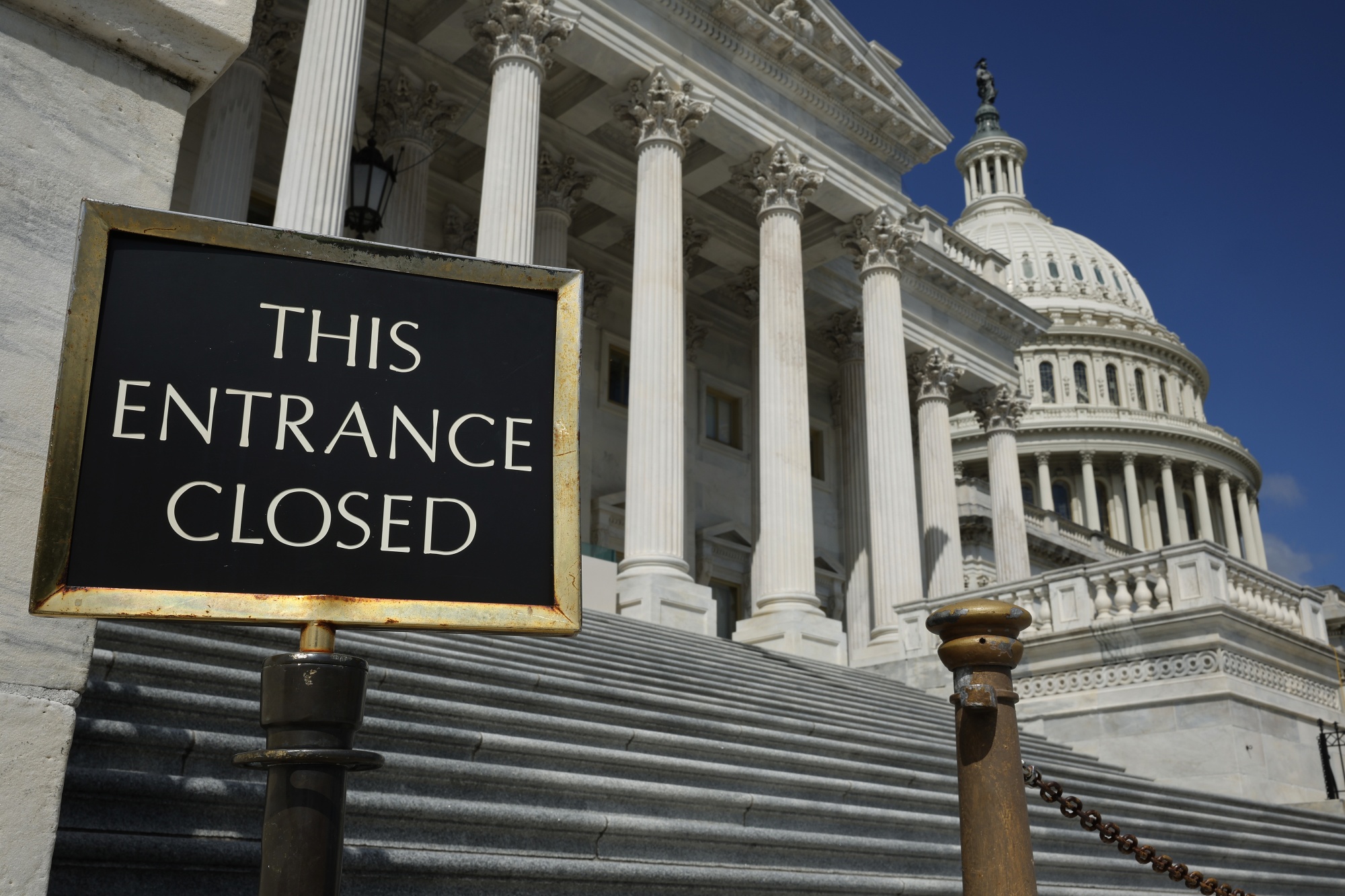Defense Exports & the Potential 2023 U.S. Government Shutdown

During a government shutdown, many federal agencies, including the Department of State and Department of Defense, which manage ITAR licenses and FMS Case approvals, may experience significant disruptions in their operations. Here are some potential impacts on international defense business during a government shutdown:
- License Processing Delays: The USG will have reduced staffing levels during a government shutdown, leading to delays and a substantial backlog in processing ITAR license applications, amendments, Foreign Military Sales (FMS) requests, and Security Cooperation programs. This can affect companies’ ability to export controlled defense articles and services and book Q4 orders this year.
- U.S. Government Engagement: Inquiries, meetings, or questions related to ITAR licenses or FMS Case statuses may experience slower response times due to reduced workforce availability. Many USG offices will cancel or postpone meetings with industry.
- Non-Export Approval Activities: In addition to ITAR Licenses and FMS Cases, Voluntary Disclosures, Commodity Jurisdictions, LO/CLO TSC briefings, CPI Assessments, TSFD Revies, etc. will also have delays due to workforce availability.
- Compliance and Reporting: Companies should still comply with ITAR requirements during a government shutdown. Failure to do so could result in significant penalties. This includes timely post-approval compliance requirements and reporting of any substantial changes or incidents related to export-controlled items.
- Reconsideration of Export Activities: Companies may need to reconsider or adjust their export plans if they rely heavily on ITAR-controlled items during a government shutdown. Exploring alternative sources or strategies like Exemptions and Exceptions may be necessary to mitigate disruptions.
- Prioritize Export Authorizations: Companies may need to prioritize export authorization submissions with those tied to 2023 bookings. If those are submitted ASAP, they will be farther along in the process than if a company waited till later in October.
- Do Not Contribute to the Backlog Unnecessarily: Prioritize licenses tied to active programs over Business Development and Sales efforts. If companies have marketing licenses, demonstration licenses, or export authorization requests that are not mission-critical, wait until the shutdown is over to submit them.
- Invest in Compliance & Exportability: Use this time to pull in Compliance Projects to invest and improve your compliance program, and the exportability of your products and services. The shutdown will end, and a stronger compliance program and exportability posture of technology will be a launchpad once the export authorization backlog has subsided.
It’s crucial to monitor the situation closely and stay in contact with your ITAR and FMS subject matter experts to understand how a government shutdown, if it occurs in 2023, specifically affects your ITAR licenses and export activities. The impact can vary depending on the duration and severity of the shutdown and the specific functions affected within the DOS and DOD.
Comments